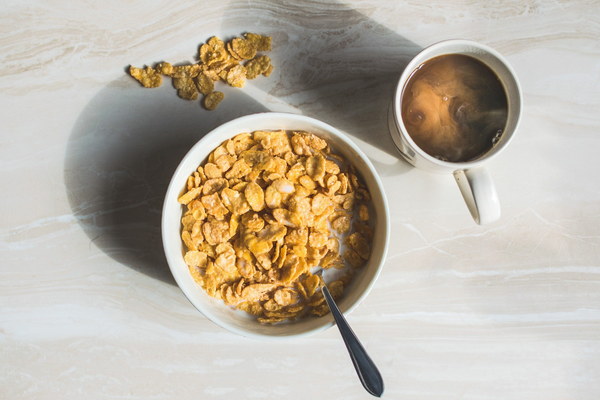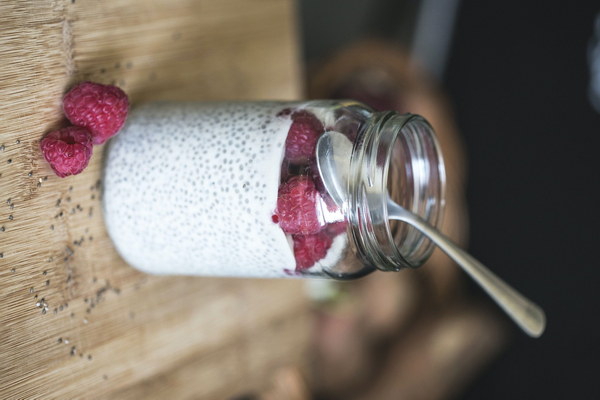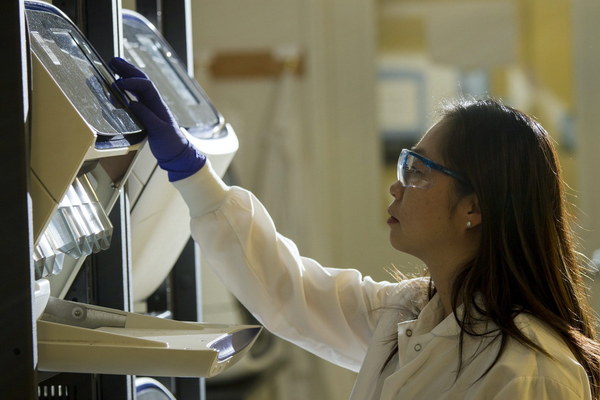Nurturing Your Kidneys A Comprehensive Guide for Hypertensive Patients
Introduction:
Hypertension, or high blood pressure, is a common health condition that affects millions of people worldwide. While managing hypertension is crucial, it is equally important for individuals with this condition to focus on kidney health. The kidneys play a vital role in filtering waste products from the blood and maintaining fluid balance in the body. However, hypertension can put a strain on the kidneys, leading to chronic kidney disease. In this article, we will explore various ways in which hypertensive patients can nurture their kidneys and maintain their overall health.
1. Monitor Your Blood Pressure Regularly:
Regular monitoring of blood pressure levels is essential for hypertensive patients. Keeping your blood pressure within the recommended range can significantly reduce the strain on your kidneys. Use a blood pressure monitor or consult your healthcare provider for regular check-ups.
2. Follow a Healthy Diet:
A well-balanced diet can help manage hypertension and support kidney health. Here are some dietary recommendations:
- Limit salt intake: Excess salt can increase blood pressure and strain the kidneys. Aim for no more than 2,300 milligrams of sodium per day, and even less if you have hypertension.
- Consume potassium-rich foods: Potassium helps balance the sodium in your body and can help lower blood pressure. Include foods such as bananas, oranges, potatoes, and leafy greens in your diet.

- Choose healthy fats: Opt for monounsaturated and polyunsaturated fats found in foods like olive oil, avocados, and nuts. These fats can help improve heart health and reduce the risk of kidney damage.
- Control protein intake: High protein diets can be harmful to the kidneys, especially for those with existing kidney issues. Aim for moderate protein consumption and choose lean sources like fish, poultry, and legumes.
3. Stay Hydrated:
Drinking plenty of water is crucial for kidney health. Adequate hydration helps flush out waste products and toxins from the body, reducing the risk of kidney stones and other kidney-related issues. Aim for at least 8 to 10 glasses of water per day, or as recommended by your healthcare provider.
4. Exercise Regularly:
Regular physical activity can help control hypertension and promote kidney health. Aim for at least 150 minutes of moderate-intensity aerobic exercise or 75 minutes of vigorous-intensity aerobic exercise per week. In addition, incorporate strength training exercises into your routine to build muscle and improve overall health.
5. Quit Smoking and Limit Alcohol Consumption:
Smoking and excessive alcohol intake can worsen hypertension and increase the risk of kidney damage. Quitting smoking and limiting alcohol consumption can help improve your kidney health.
6. Manage Stress:
Stress can contribute to high blood pressure and negatively impact kidney health. Engage in stress-reducing activities such as meditation, yoga, or deep-breathing exercises to maintain a healthy mind and body.
7. Take Medications as Directed:
Follow your healthcare provider's instructions regarding blood pressure medications. Skipping doses or altering dosages without consulting your doctor can lead to uncontrolled hypertension and kidney damage.
Conclusion:
Nurturing your kidneys is essential for hypertensive patients to prevent complications and maintain overall health. By monitoring your blood pressure, following a healthy diet, staying hydrated, exercising regularly, and managing stress, you can take proactive steps to protect your kidneys. Consult your healthcare provider for personalized advice and support in maintaining kidney health.









